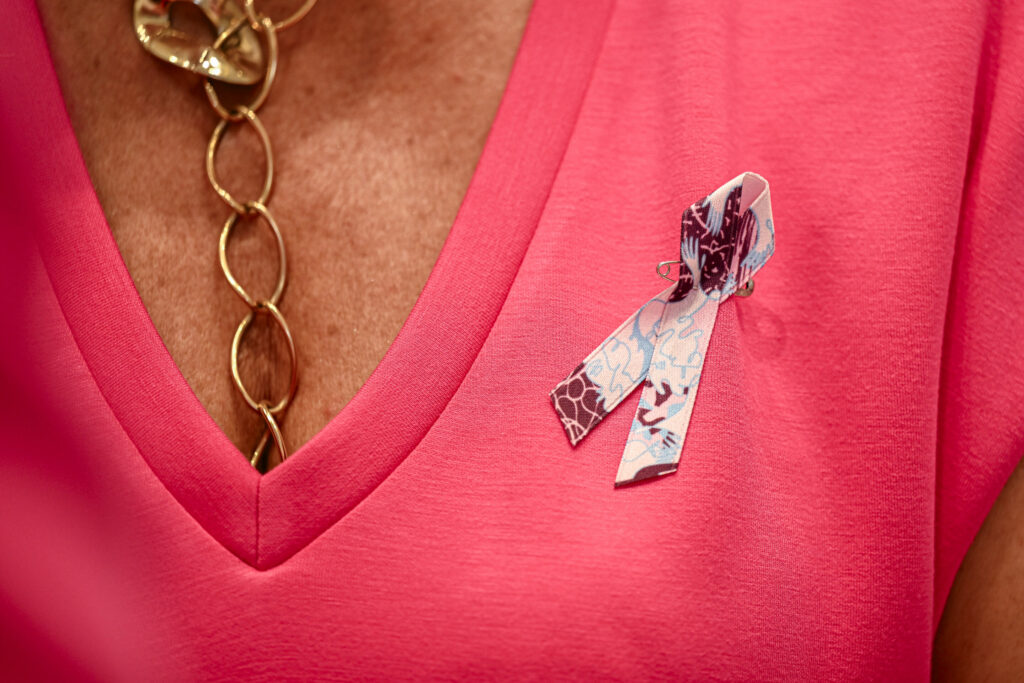A quarter of women with a particularly aggressive form of breast cancer, named ‘triple negative’, may have robust immune systems capable of battling the tumour without chemotherapy, a study led by Dr Roberto Salgado, of ZAS Hospital in Antwerp, suggests.
The research, published in the ‘Journal of the American Medical Association’, focuses on triple-negative breast cancer, an often more aggressive variety, marked by an absence of receptors for oestrogen, progesterone and the HER2 protein. Data was gathered from almost 2,000 women worldwide, observed over an average span of 18 years.
The study indicates that "if their immune systems have enough anti-cancer cells, women with early-stage triple-negative breast cancer stand a high chance of survival and a low recurrence risk, even without chemotherapy". This could apply to 25% of patients with this type of tumour.
Around one in seven women diagnosed with breast cancer suffer from the triple-negative variant, which does not respond to hormonal drugs, making treatment more challenging. Most patients with this tumour are steered towards chemotherapy early on, often leading to severe side effects.
Currently, the number of immune cells isn’t considered when deciding if a patient needs chemotherapy. Rather, doctors assess tumour size and how far the cancer has spread to the lymph nodes.
A test to check for tumour infiltrating lymphocytes (TILs) could help determine if chemotherapy is required.
"The study’s findings could serve as a recommendation to consider TILs in breast cancer pathology reports," Dr. Salgado surmises. "A simple check may better inform doctors and their patients about treatment options. It doesn’t require any expensive tests."
The team’s future work will investigate how TILs can be harnessed as a key factor in determining whether chemotherapy is necessary.

